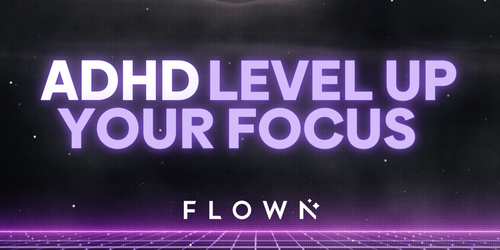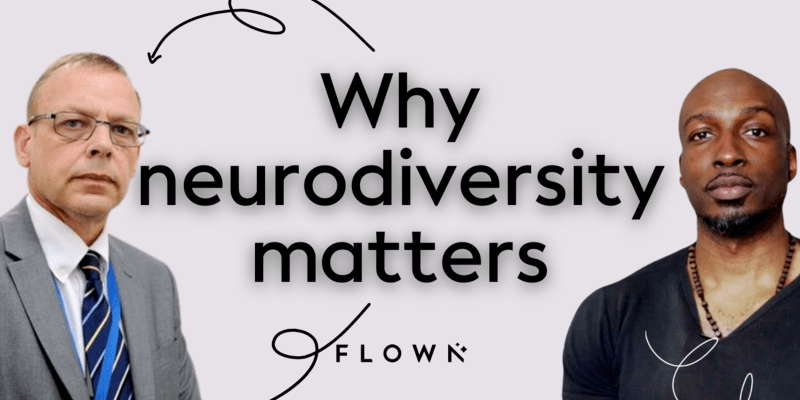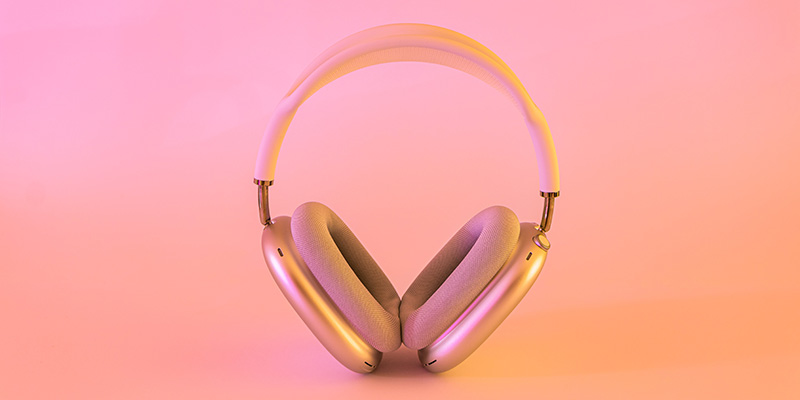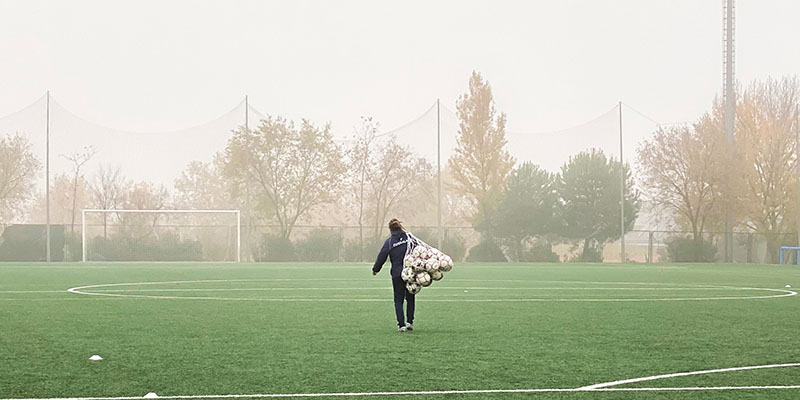ADHD Testing for Adults UK: 4 Steps to Get Diagnosed

By Eleanor Hope-Jones
•
Jan 27, 2025
Thinking about getting ADHD testing in the UK? Navigating the ADHD diagnosis process can seem overwhelming, but it doesn’t have to be.
In this guide, we break down the 4 essential steps to get ADHD tested and explore ways to manage symptoms while you wait.
How do they test for adult ADHD?
There’s no one specific test for diagnosing ADHD in adults.
But there is an assessment that a qualified ADHD specialist, whether that’s a psychiatrist or other healthcare professional, performs looking for a set of ADHD symptoms.
To get an accurate diagnosis standard ADHD testing usually includes:
A series of interviews with an appropriate healthcare professional
A series of interviews or reports from relevant people in your life such as parents, teachers, friends or partners
A physical examination to rule out any other reasons for your symptoms
A standardised behaviour rating scale questionnaire
Diagnostic system checklists
An ADHD diagnosis can only be given if the relevant symptoms have been present since childhood as it’s not currently believed that ADHD can develop in later life. So an ADHD specialist may ask to see evidence from your school days, such as your records, to confirm a diagnosis.
💡 ADHD diagnosis takes time
Stay productive while waiting with FLOWN’s expert-led body doubling sessions designed for ADHD professionals.
ADHD symptoms in adults
Speaking of ADHD symptoms, though there is a defined set of criteria for the condition in children there is not as strict a set of criteria for adults for ADHD assessments in the UK.
There’s some disagreement in medical circles around how to diagnose adults as they may have learnt to mask certain symptoms. As a rule of thumb, an adult has to display 5 plus symptoms from the children’s criteria for either inattentiveness or hyperactive and impulsive types of ADHD.
An adult has to display 5 plus symptoms from the children’s criteria for either inattentiveness or hyperactive and impulsive types of ADHD to be diagnosed
Inattentive ADHD will look like struggling to concentrate and focus
While ADHD testing , professionals look for signs of inattentive ADHD. The main signs of inattentive ADHD, as defined in the Diagnostic and Statistical Manual, Fifth edition (DSM-5) are:
Making careless mistakes/lacking attention to detail
ifficulty sustaining attention
Not seeming to listen when spoken to directly
Failing to follow through on tasks and instructions
Exhibiting poor organization
Avoiding/disliking tasks requiring sustained mental effort
Losing things necessary for tasks/activities
Getting Easily distracted (including unrelated thoughts)
Being forgetful in daily activities
Hyperactivity and impulsive ADHD will look like excessive movement and talking
Another sign looked for while ADHD testing is hyperactivity and impulsiveness ADHD, from the DSM-5 this can be:
Fidgets with or taps hands or feet, squirms in seat
Leaves seat in situations when remaining seated is expected
Experiences feelings of restlessness
Has difficulty engaging in quiet, leisurely activities
Is “on-the-go” or acts as if “driven by a motor”
Talks excessively
Blurts out answers
Has difficulty waiting their turn
Interrupts or intrudes on others
Is it hard to get diagnosed with ADHD?
If you’re an adult looking to get diagnosed with ADHD then your symptoms must have a moderate effect on multiple areas of your life.
That might look like:
Driving dangerously
Struggling to make or keep a social group
Struggling to make or keep a romantic partner
Consistent underachieving at work or in education
So your symptoms have to be pretty significant to get a diagnosis. The process of getting referred for your assessment can also be pretty tricky.
How to get ADHD tested?
To start your ADHD diagnosis process you can either self-refer or get referred by your general practitioner (GP).
If you self-refer you’ll have to find your ADHD specialist to do the assessment and pay for the assessment yourself, also known as going private.
If you get referred by your GP the NHS will pay for the assessment.
Let’s take a closer look at the steps to a diagnosis:
4 steps to getting ADHD tested in the UK
1. Book an appointment with your GP
A GP cannot formally diagnose anyone with ADHD, as they may not have a specialist ADHD qualification. But they are trained to understand the symptoms enough to refer you.
When you see your GP they may ask you questions about
your symptoms
when your symptoms started
where your symptoms occur – for example, at home, in school, college or university, or at work
whether the symptoms affect your day-to-day life
If there's a family history of ADHD
about any other problems or symptoms of different health conditions you or your child may have
So be prepared to answer those questions honestly and clearly. Consider which symptoms you can share and examples of when they first started. Be ready to talk about the different areas of your life your symptoms impact.
Remember your GP may not be as familiar with ADHD as you are if you’ve recently been researching it. Doing your research where you can link symptoms to diagnostic criteria might help you tell the story of why you believe you have ADHD.
This is especially important if you’re a woman with ADHD as your symptoms may present less obviously and you’re more likely to mask them effectively.
Your right to choose and Psychiatry UK
At this point, you can exercise your right to choose the provider of your mental health services.
One of the largest providers of ADHD assessments in the UK is Psychiatry UK whose waiting lists for assessments are often shorter than the NHS’. The NHS will still pay for this assessment as they buy a certain amount of assessment from Psychiatry UK and other providers.
Psychiatry UK explains how to exercise your right to choose effectively on their website if you want to choose them as a provider.
They recommend:
Downloading and completing their ASRS form
Downloading and personalising a template letter to your GP
Taking both documents to your GP and asking for your ADHD referral
If your GP then agrees to refer you and believes an ADHD assessment is appropriate you can ask to be referred to Psychiatry UK under your right to choose.
2. Referral Submission
If your GP does decide to refer you for an assessment they’ll be a bit of a gap here whilst they send off all the necessary documents. Most GPs will usually send you a copy of the referral as well so you can keep track.
Seeking ADHD treatment privately
If you are in a position to afford private health care you can skip seeing your GP and convince them to refer you, and instead self-refer yourself directly to a private ADHD assessment provider.
A good way to decide is by searching for an ADHD specialist in your area or asking friends and contacts for word of mouth recommendations.
Some national specialists that offer adult ADHD assessments include:
Make sure you do your research and read reviews of other people’s experiences to make sure you find the right ADHD assessment service for you. You can also check that the person running your assessment is an appropriately qualified healthcare professional and a member of the General Medical Council and on their specialist registrar.
3. Referral Approval
You will probably then get a message from your referred clinic explaining there’s a long wait as ADHD assessments are very in demand. This period varies from one assessment provider to the next and also depends on whether you’re paying for a private service or not.
You may also receive a fair amount of forms and questionnaires in the post to fill out at this time.
💡 Facing long wait times?
Try FLOWN’s online body doubling sessions to boost productivity and manage ADHD symptoms while waiting for your assessment.
4. The Assessment
Once you’ve waited your assessment will eventually take place as described at the top of this article. A typical assessment will last between one to three hours.
This might seem like a long time but you must get an accurate diagnosis that looks holistically at your mental health. Comorbidities, such as autism spectrum disorder and other mental health conditions are common with ADHD.
The specialist may share their diagnosis with you during the assessment and start discussing treatment options, from medication to ADHD coaching. Bear in mind that even if you are diagnosed with ADHD within the session there can still also be waiting lists for treatment.
The titration period, the time when your body adjusts to ADHD medication, typically takes 8-12 weeks with a waiting period beforehand.

Is it worth getting an ADHD diagnosis?
It’s up to you whether the above process sounds worth it depending on how severe your symptoms are and how well you feel able to deal with them.
An ADHD diagnosis is only the first step in a long journey of learning how to manage adult ADHD alongside your general mental health. Getting a diagnosis can be life-changing for some people, so it’s important to get the process in motion as soon as you’ve decided.
Good luck!
Join a Flock for free to help you find ways to manage your ADHD
Our expertly facilitated deep work sessions will help you focus and get more done than you ever thought possible.
Run on Zoom and guided by one of our expert facilitators, Flocks are unique, fun – and so effective that 88% of people who try one come back for more.
















